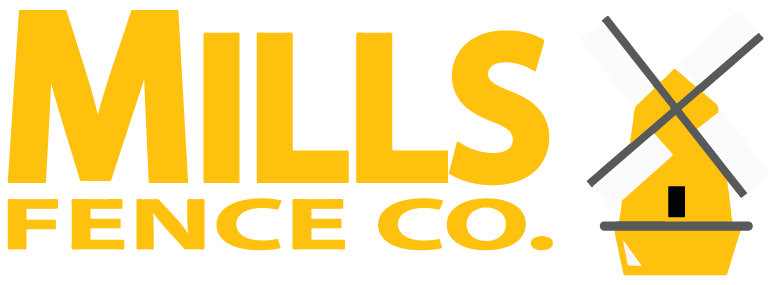Seven Advantages of Using Vinyl for Horse Farm Rail Fencing
If you are considering building a new fence for your horses, then you probably already know you have a number of options available. However, you may not have considered the use of vinyl fencing, which is one of the best fence materials available to horse owners.
Vinyl fencing is often associated with residential or commercial applications, but vinyl is also an excellent choice for horse fencing. Below are several advantages of using vinyl to build your horse farm rail fence.
Strong and Flexible
One of the first and foremost advantages of using vinyl for a horse fence is the material’s strength and flexibility. In many cases, vinyl fences are better able to withstand blows by horses, farm animals, and equipment than other materials are.
That means less chance of injury to animals, fewer escape opportunities, and minimized expenses associated with broken fence-rail replacement.
Low Maintenance
Another huge positive of using vinyl fencing is its relative lack of maintenance needs. Vinyl fencing is molded in a variety of colors, which are permanent, and that means no painting is ever necessary.
In addition, the molecular structure of vinyl allows it to resist dirt and other debris. That makes cleaning a simple process of washing down the fence whenever necessary. If mold should appear, it can be removed using a diluted solution of bleach and water.
Environmentally Friendly
Vinyl, which is officially known as polyvinyl chloride (PVC), has a long track record of safety and is the most commonly used plastic in most building construction. This fact is significant because it demonstrates that horse owners have nothing to fear when installing vinyl fences.
The inert nature of vinyl, which is made largely from ordinary salt, means there is also no leaching of toxic chemicals into the soil or groundwater.
Sun Resistant
The outer layer of vinyl in its raw form will degrade over time when exposed to sunlight, though the resulting damage is cosmetic and not structural. However, fence-material manufacturers have solved this problem by adding a protective ingredient.
Titanium dioxide, the active ingredient in most sunscreen products, is added to the “skin” of vinyl fencing products; this generates fade resistance and keeps the vinyl bright and clear for years.
Electrification Compatible
Depending on the specific needs of horse owners, fence electrification may be needed to protect the animals. If electrification is needed with a metal or wooden fence, special insulators need to be attached to the fence to provide attachment points for the “hot” wire.
However, since vinyl is already an excellent insulator, owners can attach their electrified wire directly to the fence. This cuts down on expenses and makes installation simple.
Fire Resistant
Another advantage of using vinyl fencing is its resistance to fire. Unlike most other plastics, vinyl will not readily burn once it is exposed to a source of heat. If ignited, vinyl produces a gas that will serve to extinguish the fire, thus limiting the incident. The pungent odor of the gas will also alert nearby persons of the presence of a fire.
Fire resistance is an excellent trait for horse fencing because fire resistance minimizes the chances of a fence being incinerated in a grass fire. Fire resistance also eliminates the danger of horses being trapped in burning fence remnants and cuts down on harmful emissions that can negatively affect the respiratory health of horses.
Long Lived
One of the biggest advantages of using vinyl fencing is its lengthy useful life. Vinyl fencing maintains its strength and form for decades and will not need replacement for a long time after installation.
That means that even though the initial installation costs of vinyl fencing are moderately higher than comparable wood fencing, the wooden fence will need to be replaced much sooner than the vinyl fence. Over the long term, the real costs of using vinyl are a lot lower than the costs of using competing materials.
If you are in the market for a new fence, then you need to contact a fencing materials installer or supplier for assistance. They can provide you with the vinyl materials you need if you are a do-it-yourselfer, or they can perform the installation for you.
